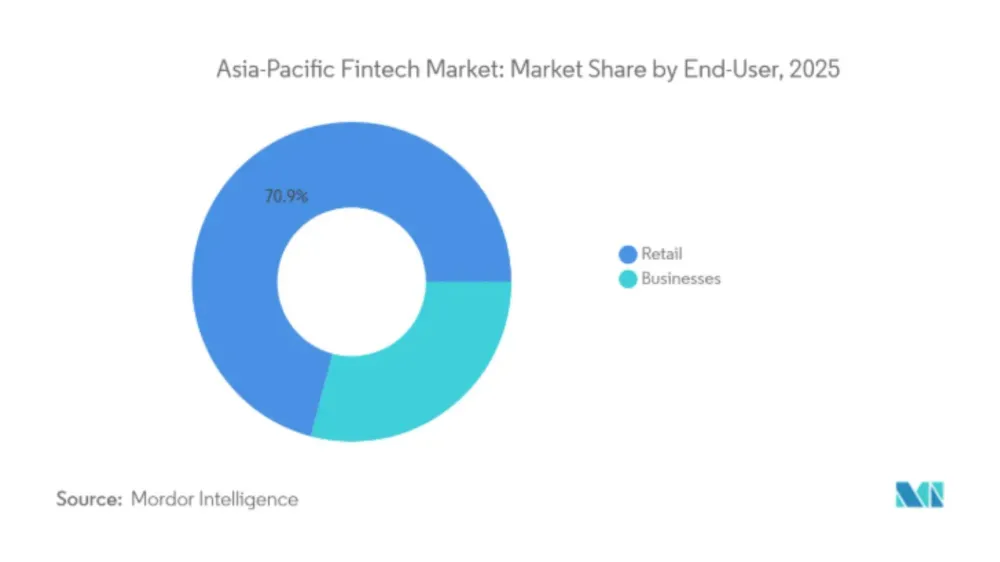
This Asian Banking and Finance podcast discusses the challenges and best practices when it comes to managing corporate actions automation
SmartStream’s Neil Sheppard and Alan Jones shared their insights about the changes they have seen in operations control both before and after the pandemic.
In this podcast entitled Corporate Actions: Delivering operational control in the new normal, SmartStream partnered with Asian Business and Finance to discuss key challenges when processing corporate actions, the best practices for corporate action exception management and workflow, and the challenges of newly enforced working patterns in processing corporate actions.
Neil Sheppard, global head of business development in corporate actions for SmartStream and Alan Jones, business solutions director for Asia Pacific for SmartStream shared their insights about the changes they have seen in operations control both before and after the pandemic, as well as the best practices and trends in the coming years.
According to Jones, the transformation has been happening before the pandemic.
“I think we already had the perfect storm, we already had a very challenging environment. Many organisations have looked to address that by adding automation and adding a control framework around their corporate actions. But there's still a lot of organisations out there that are still fighting that kind of painful battle—in paper sources of information and in non-digitised event notifications—that lead to human-intensive, paper-intensive high touch points that are fraught with risks,” he said.
When asked why many firms haven’t started—or fully automated—their corporate actions processing, Sheppard thinks that companies don’t think of it as an obvious immediate return on investment.
“If you're going to mitigate risk, and you haven't made any losses, that business case is probably not that easy to make. I think it's a specialised part of operations, the back office, where it's kind of worked just about, but the increased activity, volume and complexity, and increased governance demands a much bigger need for transparency now. Unfortunately, better reporting can't be supported by just the manual process,” he explained.
Jones added that there is still a lot of work to be done in corporate actions, but for those who want to start improving them, Sheppard advises companies to keep things simple.
“It is building in those control checkpoints, achieving as much automation as they can to make sure they’re completely mitigating the risk of missing events, missing deadlines, and any of those financial penalties associated with that. We always aim for the 80/20 rule: 80% should be straight-through processing, 20% should be analysis and release. And that's where we turn to an automated solution. SmartStream gives the client that 20%,” he explained.
“Corporate actions are not going away. They're a great way for companies and investors to make money. Now is the right time to automate—it’s doable, and companies should seize this opportunity,” he concluded.



















 Advertise
Advertise










